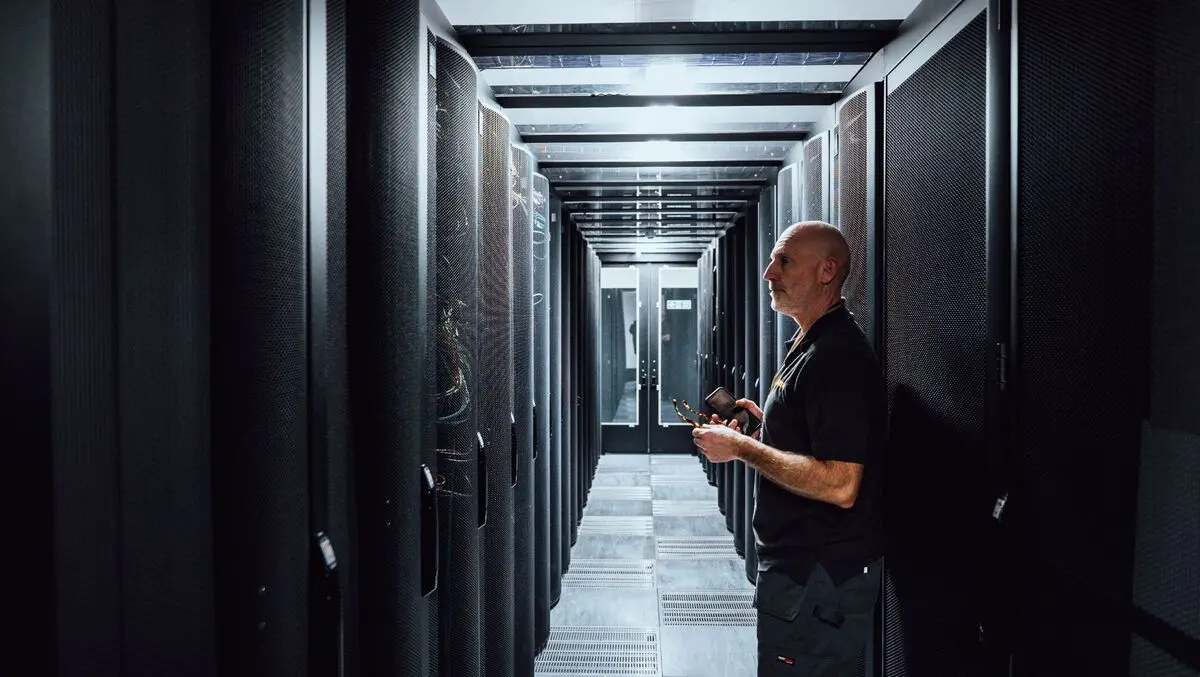
Businesses urged to adopt sustainable cloud strategies for future
The growing demand for cloud computing is placing increased scrutiny on the energy consumption and environmental impact of data centres worldwide.
Cloud computing is reshaping industries worldwide, but the substantial electricity use of data centres is raising concerns about sustainability among businesses and stakeholders. Organisations are now facing rising pressure to adopt strategies that ensure their technological growth does not come at the cost of increased emissions and energy waste.
Transitioning to more sustainable cloud solutions is emerging as both an environmental and operational imperative. Businesses are recognising that adopting greener technologies can yield tangible financial benefits, alongside the need to reduce their impact on the planet.
Node4, working in collaboration with the Carbon Neutral Group, provides guidance and practical solutions to help businesses reduce their environmental footprint and lower energy costs, while contributing to a more sustainable future for cloud services. The collaboration aims to offer strategies that not only address environmental issues but also help companies future-proof their operations.
A key area identified for improvement is energy efficiency. The companies advise that focusing on the efficiency of data centre infrastructure can deliver significant and lasting reductions in energy consumption. For example, upgrading cooling systems, replacing older hardware, and optimising the layout and design of equipment can all help to lower energy use. Node4 has implemented these enhancements within its facilities, opting to optimise infrastructure and introduce new systems in place of outdated ones. This approach has resulted in a measurable reduction in energy consumption over time.
Another key strategy involves adopting renewable energy. Businesses are encouraged to prioritise power sources from green energy providers as a key element in lowering the carbon footprint of their operations. Node4 has made the transition to renewable energy tariffs for its data centres and associated office spaces, which it says has contributed to lower emissions and set an example for others in the industry.
Beyond the direct use of energy, the emphasis is also placed on sustainable infrastructure. Node4 and Carbon Neutral Group highlight the importance of integrating features like low-impact fire suppression systems, water-efficient cooling processes, and intelligent lighting into new and existing data centres. These measures help to reduce waste and support broader sustainability goals. Node4 has also invested in virtual data centres and other technologies aimed at minimising waste, further demonstrating that innovation in infrastructure can complement a company's overall environmental efforts.
Continuous improvement is another principle promoted by the collaboration, particularly through the use of data-driven insights. By deploying sub-meter monitoring systems, organisations can closely track their energy use and identify inefficiencies in real-time. Node4 uses such systems to inform decisions about energy optimisation at its facilities and encourages other businesses to adopt similar approaches to ensure ongoing efficiency improvements.
Engagement in broader sustainability initiatives is also seen as beneficial for companies looking to strengthen their environmental credentials. Activities such as tree planting projects can highlight a business's commitment and help strengthen relationships with stakeholders who increasingly value sustainability.
The importance of these efforts is underscored by increasing expectations from consumers, investors, and commercial partners for businesses to demonstrate robust sustainability credentials. Node4 and Carbon Neutral Group maintain that with these strategies, businesses can play an active role in making the cloud computing sector more environmentally responsible while also achieving operational efficiencies and cost savings.


